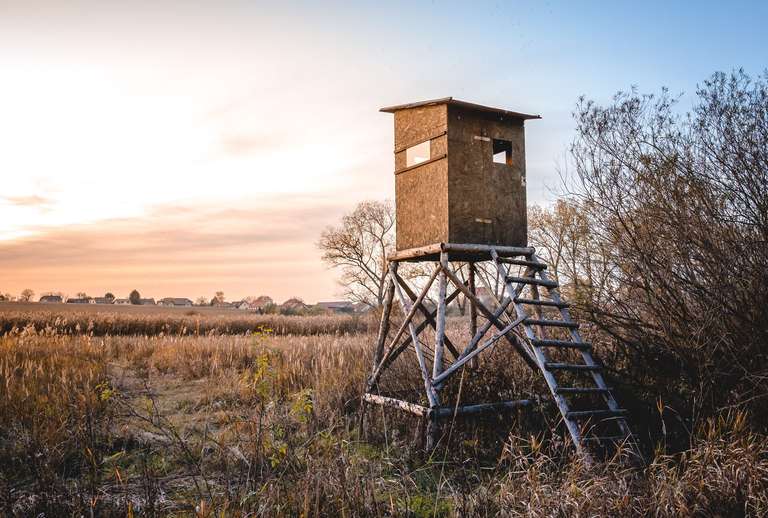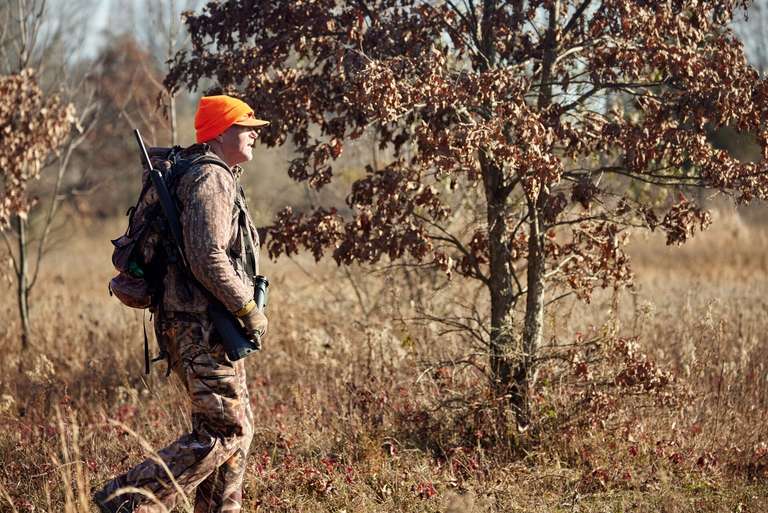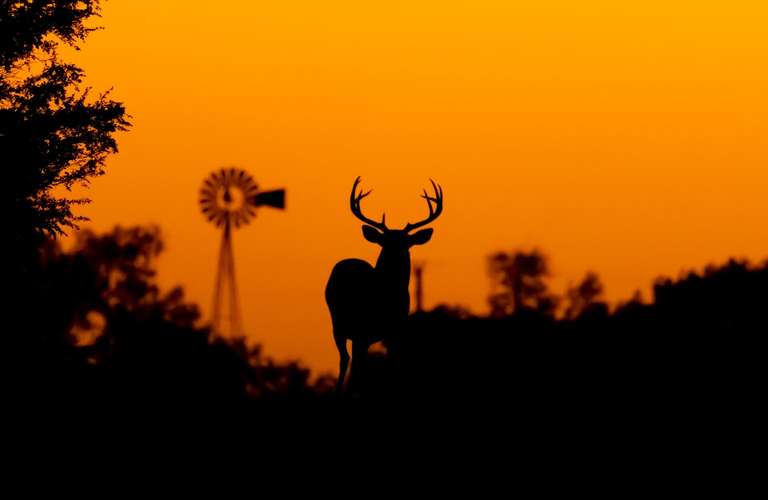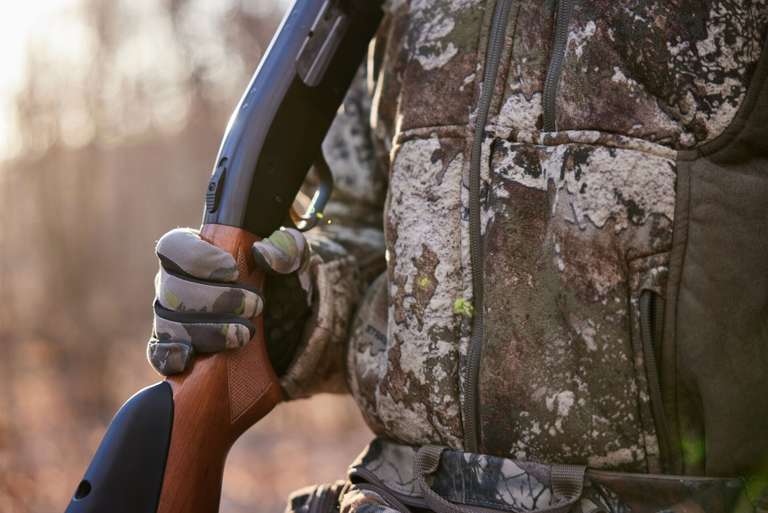Do I Need Hunter Education Before Getting a Hunting License?
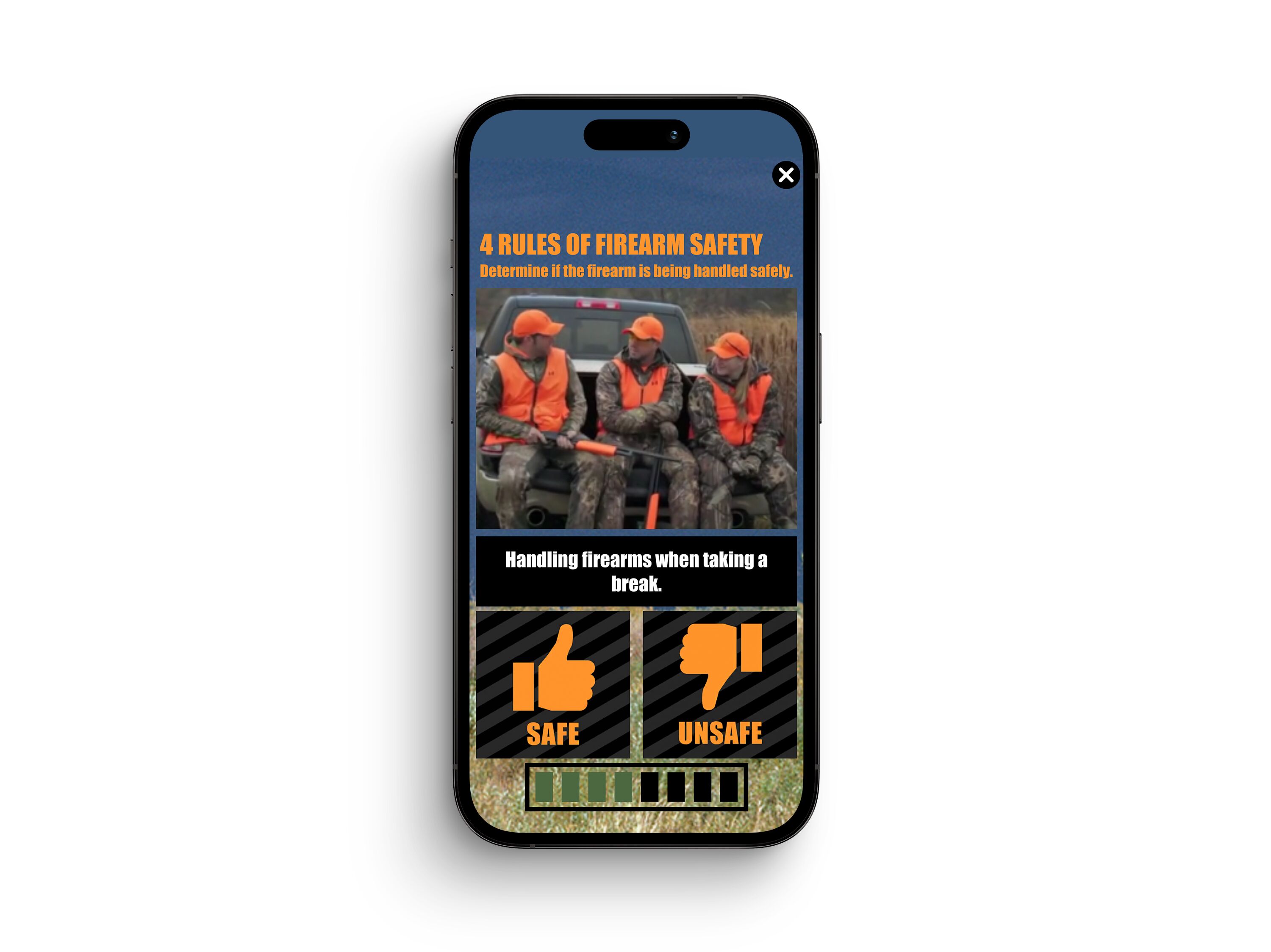
Hunting is a cherished tradition for many, offering the thrill of the chase and the opportunity to connect with nature. However, before you can embark on your hunting adventures, there's an essential step you need to take: completing a hunter education course.
Why is hunter education crucial? What are the legal requirements across different states, and how can a hunter education course prepare you for a safe and responsible hunting experience? Keep reading as we talk about the importance of hunting education and how to take a course that qualifies for your license requirements.
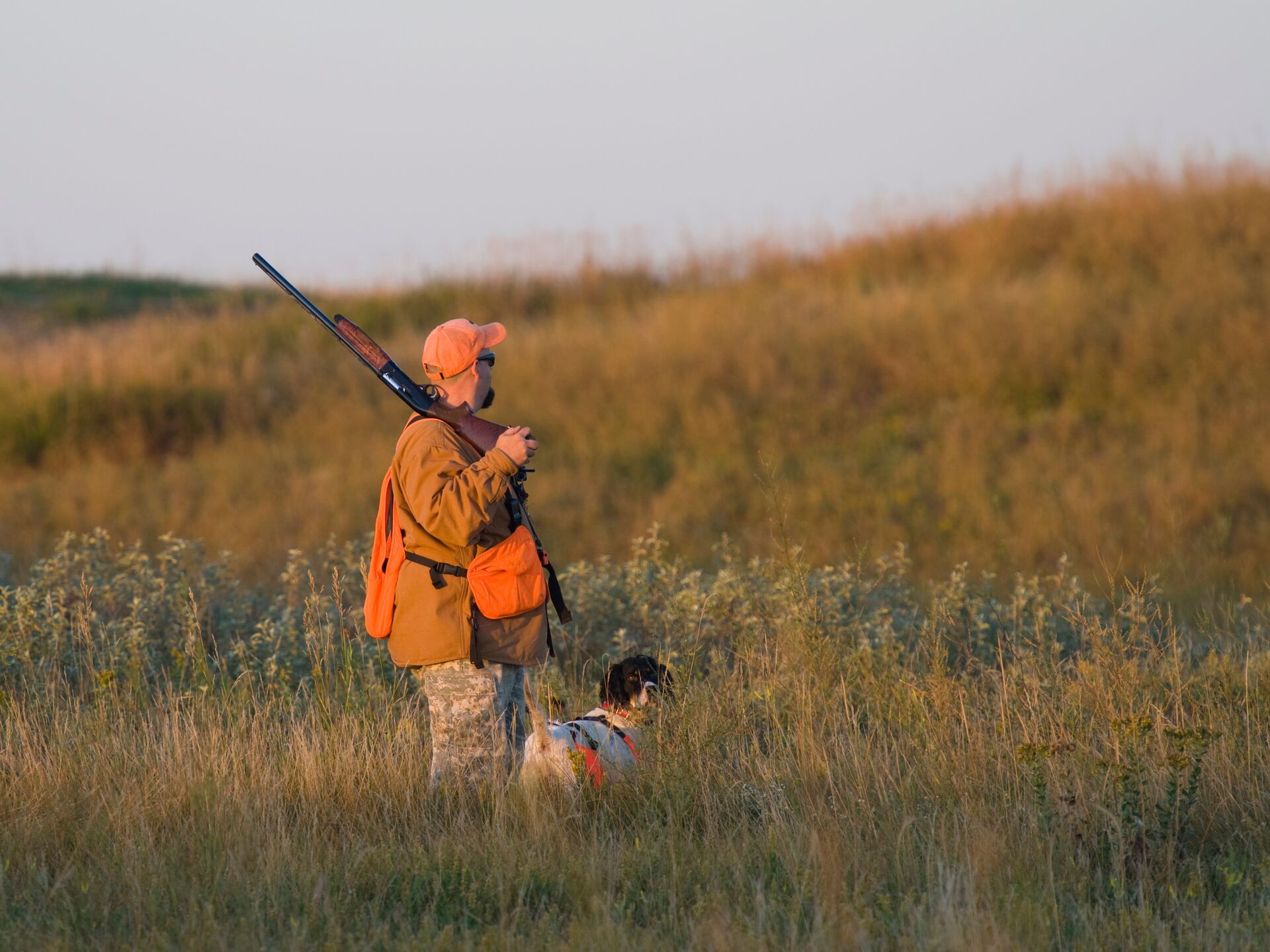
The Goal of Hunter Education
The primary goal of hunter education courses is to promote safe, responsible, and ethical hunting practices. These courses are designed to instill a deep understanding of safety, responsibility, and ethics in hunters, ensuring they are well-prepared to enjoy their time in the wild while respecting the environment and other outdoor enthusiasts.
Here are a few things you'll learn through a hunter safety course.
Safety
Safety is one of the core focuses of hunter education. Courses cover various topics, including firearm and archery safety, survival skills, first aid, and the proper handling of hunting equipment. By emphasizing safety, these courses help reduce hunting accidents and ensure that all hunters return home safely after their excursions.
Some of the primary tenets of hunter education courses revolve around safely using and handling weapons. Safe handling is paramount for everyone, whether archery tackle, a muzzleloader, a shotgun, or a rifle.
Good firearm safety also involves being aware of your game and the areas around them. Awareness of weapon use's implications is essential in hunter education courses.
Responsibility
Hunter education also stresses the importance of understanding and adhering to hunting laws and regulations. This knowledge is vital for sustainable wildlife management and helps maintain healthy populations of game animals.
Hunters are taught to respect seasons, bag limits, and other regulations that contribute to wildlife conservation.
Ethics
Ethical hunting practices are a cornerstone of hunter education. Courses teach hunters about the principles of fair chase, which promote a balance between the hunter and the hunted, ensuring a respectful and sportsmanlike pursuit.
Respect for wildlife, other hunters, and outdoor enthusiasts is emphasized to foster a positive hunting community.
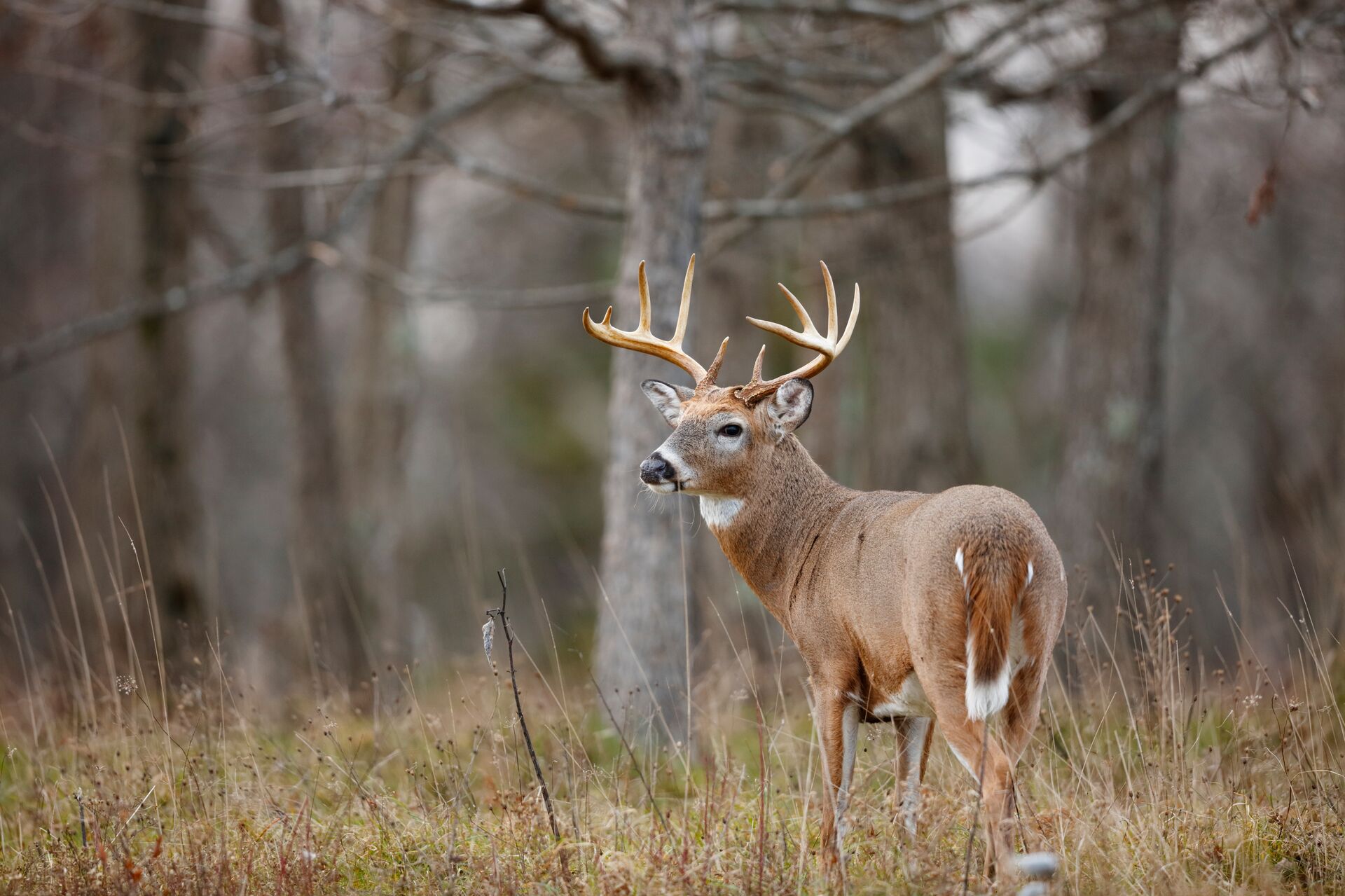
Legal Requirements for Hunting
In most U.S. States, completing a hunter education course is a legal requirement before obtaining a hunting license. These requirements vary widely, so it's essential to be aware of the specific regulations in your area.
Hunter education requirements can differ significantly from state to state and even within regions. It's crucial to check the regulations in your specific location to ensure compliance.
Some states also have age-specific requirements, mandating that younger hunters complete education courses while older, experienced hunters may be exempt.
What about hunting in other states? Many states recognize hunter education certifications from other states, making it easier for hunters to get a license and hunt when traveling. Just be sure to check with the state you plan to hunt in to confirm they accept hunter education certificates from your home state when applying for a license.
Types of Hunter Education Courses
Hunter education courses are offered in various formats to accommodate different learning preferences and schedules. Choose the format that works best for you (and complies with your state's requirements).
Classroom Instruction
Traditional classroom instruction includes lectures on safety, ethics, and regulations. These classes are often interactive, with instructors providing real-world examples and engaging with students to ensure comprehension.
Field Days
Practical, hands-on field days can be a critical component of hunter education, but not all states require it.
During these sessions, participants practice safe firearm handling, shooting and accuracy, and other essential hunting skills. Field days allow students to apply their knowledge in a controlled environment.
Online Courses
For added convenience, online hunter education courses are available. These courses often include interactive elements, quizzes, and multimedia presentations to enhance learning.
Online courses, such as those offered by us here at ilearntohunt, meet the requirements for hunter education in many states and provide a flexible option for busy individuals.
Steps to Take After Completing Hunter Education
Once you've completed your hunter education course, there are several steps to ensure you're ready for the hunting season.
Apply for a License
After completing the required education, you must apply for a hunting license. The application process varies by state but typically involves submitting proof of your hunter education certification and paying the necessary fees.
Continuing Education
Hunting is a lifelong learning experience. Engaging in continuing education and advanced courses can help you stay updated on best practices and new regulations. It's also an excellent way to refine your skills and deepen your knowledge.
Stay Informed About Education and Licensing Requirements
Hunting laws and regulations can change, so staying informed is essential. Check with local wildlife agencies regularly and connect with hunting communities to keep abreast of any updates.

Prioritize Safety in the Field With Hunter Education
Hunter education ensures safe, responsible, and ethical hunting practices. By completing a course through ilearntohunt, you'll be confidently prepared to embark on your hunting adventures.
Remember, the knowledge and skills gained from a state-approved hunter education course make you a better hunter and contribute to the preservation and sustainability of wildlife for future generations. Hunting isn't just an activity; it is a lifestyle!
Get certified before the season begins! Find the course for your state, and you'll be on your way to a safer hunting experience.


